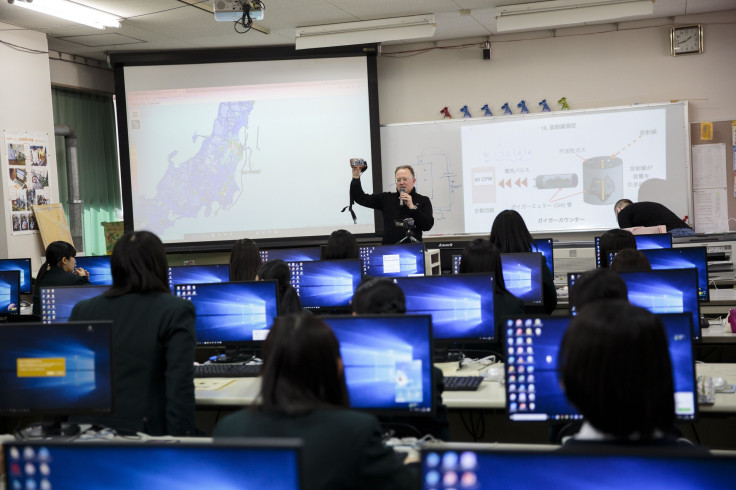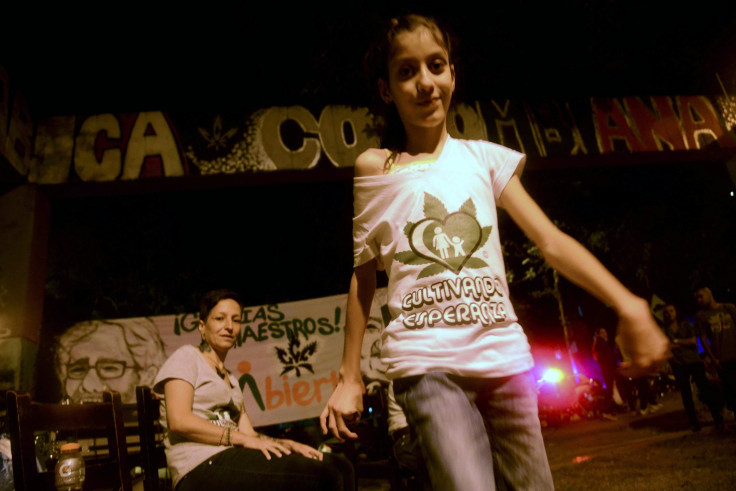Crowdsourced Technology: What Our Sudden Reliance Upon it Says About Us

With today’s technology, we all have the tools to help ourselves — and collectively help each other. That is the simple, empowering idea behind crowdsourced data and citizen science, both of which are having a major positive impact everywhere you look, from making our day-to-day lives easier to improving our personal healthcare.
For instance, you need the fastest route to the airport at rush hour. The Waze app aggregates road reports from thousands of local drivers to suggest the most efficient paths between point A and point B — no traffic helicopter required. And the metaphor suggested there — that of a plugged-in crowd using its collective intelligence to point the best path forward — applies to any number of personal and even planetary problems that long have eluded solutions.
Though it seems the invention of the moment, citizen science at one time was the only kind of science there was. Such early-age luminaries as Benjamin Franklin, Sir Isaac Newton and Charles Darwin were hobbyists who pursued their interest in the natural world to the extent that they were able to fundamentally alter our perception of that world.
And we owe our system of accurate nautical navigation to a 1714 competition in which the British government crowdsourced out the vexing puzzle of how to measure longitude, the north-south meridians that divide the globe. Officials were able to focus the best minds on a tasty cash prize, plus the glory of being the one who removed the aptly named “dead reckoning” from ocean travel. By the way, the Longitude Prize lives on; the current challenge is solving the problem of antibiotic resistance in harmful organisms.
The British have a word for such inquisitive types: a boffin, i.e., somebody who combines a passion for science with the determination to answer really big questions. Today we’re experiencing something of a boffin explosion, as high-tech research tools become so accessible that virtually anybody can collect data and advance our collective knowledge.
The citizen-scientist model is now being applied in a host of ways, from analyzing celestial photographs to tracking bird migrations to naming a research vessel launched the British National Environment Research Council. The latter competition came up with the wildly popular (and ridiculous) name “Boaty McBoatface,” which shows that “garbage in, garbage out” applies to crowdsourcing, as well. A disengaged (or too humorous) crowd can sabotage research, just as much as an engaged and informed one can make it succeed.
Which is why one of the most promising, and potentially risky, fields of citizen science comes in healthcare. There is abundant motivation for this kind of research. Big Pharma’s profit-driven “solutions” to pain management produced the opioid crisis, after all, while “untested” botanical and natural medicines are experiencing unprecedented popularity.
Plant-based medicine is relied upon by some 80 percent of the world’s population. Positive results from plant-derived remedies are often derided as anecdotal and unreliable, even though they have helped generations of sufferers extending back before recorded history. Now the pharmaceutical companies send out teams of researchers to comb the natural world for plant-based derivatives that they can synthesize, patent and profit from.
It makes you want to take the whole process into your own hands, to see what positive results you can produce.
Which is precisely what the parents of a girl named Charlotte Figi did, when faced with their daughter’s intractable epilepsy. Prescription drugs failed to help Charlotte, and they produced a host of side effects that made her life even more miserable. So the parents turned to plant-based medicines — cannabis, in particular — that other families had experimented with, and famously found one that quieted their daughter’s seizures. The pharmaceutical industry took notice and the result was Epidiolex, a prescription version of the botanical that helped Charlotte.

The wheels of drug research grind slowly. Young Charlotte had her first seizure in 2006, and Epidiolex was approved by the Food and Drug Administration in 2018. Sometimes you don’t have a decade-plus to wait for relief.
And so it is that sufferers of everything from post-traumatic stress disorder to multiple sclerosis to chronic pain to seizure disorders have been experimenting on themselves with plant-based medicines, and sharing tales of success and failure for the benefit of others. Health-tracking technology is opening doors for better, more effective use of plant medicine and creating communities of people who have similar goals. Similarly, organizations such as the Biomedical Citizen Science Hub and SciStarter.com link up self-experimenters to share what has and hasn’t worked for them.
The greater the need, the greater the probability that someone has experimented with something that just might help.
And as the tools for conducting such personal trials improve, and the data-driven results of thousands of personal experiments are disseminated, the quality of the results continually improve as well. No wonder Big Pharma is nervous: Its monopoly on better health has been busted. Just like all those Waze users can help steer you around the traffic jam, crowdsourced researchers are providing new directions toward a healthier world, as well.
We’re all boffins now. What are you working on?
Peter Calfee is CEO of Gofire ™, a digital healthcare company committed to making alternative health accessible through standardizing dose regimens by delivery and the patient’s targeted condition
© Copyright IBTimes 2024. All rights reserved.











